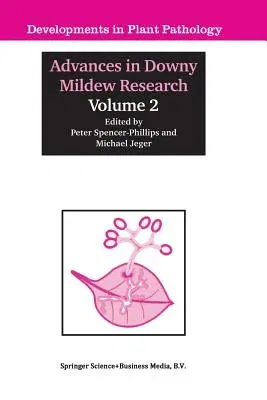Emphasis in this second volume of Advances in Downy Mildew Research
is on the biology of compatible interactions, forecasting and
epidemiology, host specialisation, genetic variability amongst pathogen
populations, novel methods for detection and systematics, and induced
resistance. Two chapters focus on the related oomycete Albugo candida,
which shares many pathogenic characteristics with the downy mildews and
provides a valuable comparative pathosystem. Contributions on specific
downy mildews include Bremia lactucae, Peronospora destructor,
Peronospora sparsa, Peronospora viciae, Plasmopara halstedii, Plasmopara
viticola, Pseudoperonospora cubensis and Sclerospora graminicola. Review
chapters on compatibility, forecasting and systematics consider a
broader range of downy mildew fungi, and compare them with other
oomycete and biotrophic pathogens. The book is relevant to anyone with
an interest in these unique biotrophic pathogens, either in their own
right as causes of damaging diseases or as model systems for research on
host-pathogen interactions. It should be read by: students, teachers and
researchers in academic and research institutes; research and
development personnel in the agrochemical industries; agricultural and
horticultural advisers, and other extension workers.


